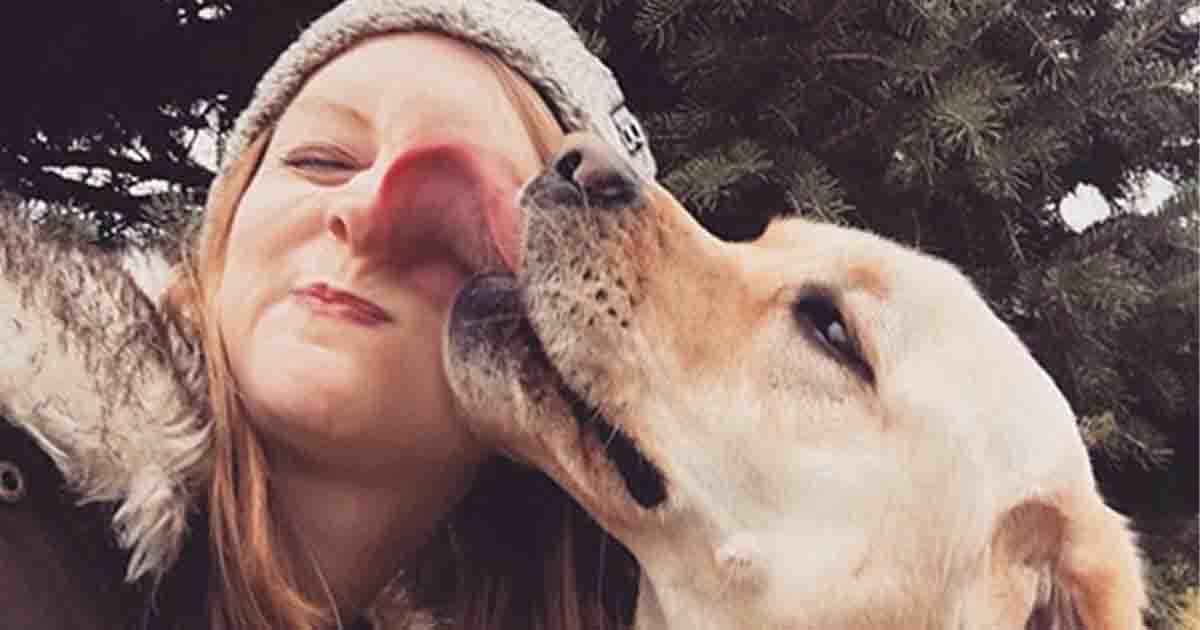Teen gets a crying robot baby for a project— pleads with amused mom for help
In a novel approach aimed at curbing teenage pregnancy, schools across the United States are integrating lifelike robot babies into their curricula.
These high-tech dolls, designed to mimic the demanding nature of real infants, require regular feeding, burping, diaper changes, and, true to life, cry according to their own unpredictable schedules.
One particularly enlightening tale comes from Florida, where 14-year-old Olivia Galloway’s experience with her robot baby assignment from an Early Childhood Education parenting class turned out to be more challenging than expected.
Despite being the eldest of four children, Olivia found herself overwhelmed by the responsibilities of caring for a robotic infant, named William, over a weekend. Her mother, Lawren Galloway Ewing, shared the story with Today, highlighting the surprising and educational ordeal their family faced.
The assignment was straightforward yet daunting: students were tasked with taking care of their robot babies for a weekend. The babies’ care was meticulously monitored, recording every bottle feed, diaper change, and any instances of neglect or improper handling. This data would then be used to assess the students’ caregiving skills.
Contrary to scaring students away from parenthood, the initiative seeks to impart the gravity of parenting responsibilities, encouraging them to consider delaying such a monumental step until after completing their education.
Olivia’s ordeal was eye-opening, not just for her but for her family as well. Despite her familiarity with young siblings, the task proved to be a herculean challenge, leading to moments of desperation and real tears, particularly during a 3 a.m. feeding session that left her begging for her mother’s assistance. The robot baby’s relentless crying even interfered with family meals, demanding Olivia’s attention at the most inconvenient times.
The experience was fraught with difficulties, including the robot’s persistent refusal to burp and an incident where it suffered a broken neck multiple times, leading to a failing grade for Olivia. However, given a second chance with a different robot baby, Olivia managed to significantly improve her performance, earning a 94 and a newfound appreciation from her mother for the educational value of the assignment.
Years later, now a student at South Georgia State College, Olivia reflects on her experience with a humorous reluctance towards parenthood, citing the robotic infant as a major deterrent.
This just shows the importance of innovative educational programs in imparting life lessons to the younger generation. It encourages a dialogue on the challenges of parenthood and the value of preparation and maturity before embarking on such a journey.
Let us know your thoughts about this program in the comment section below.




